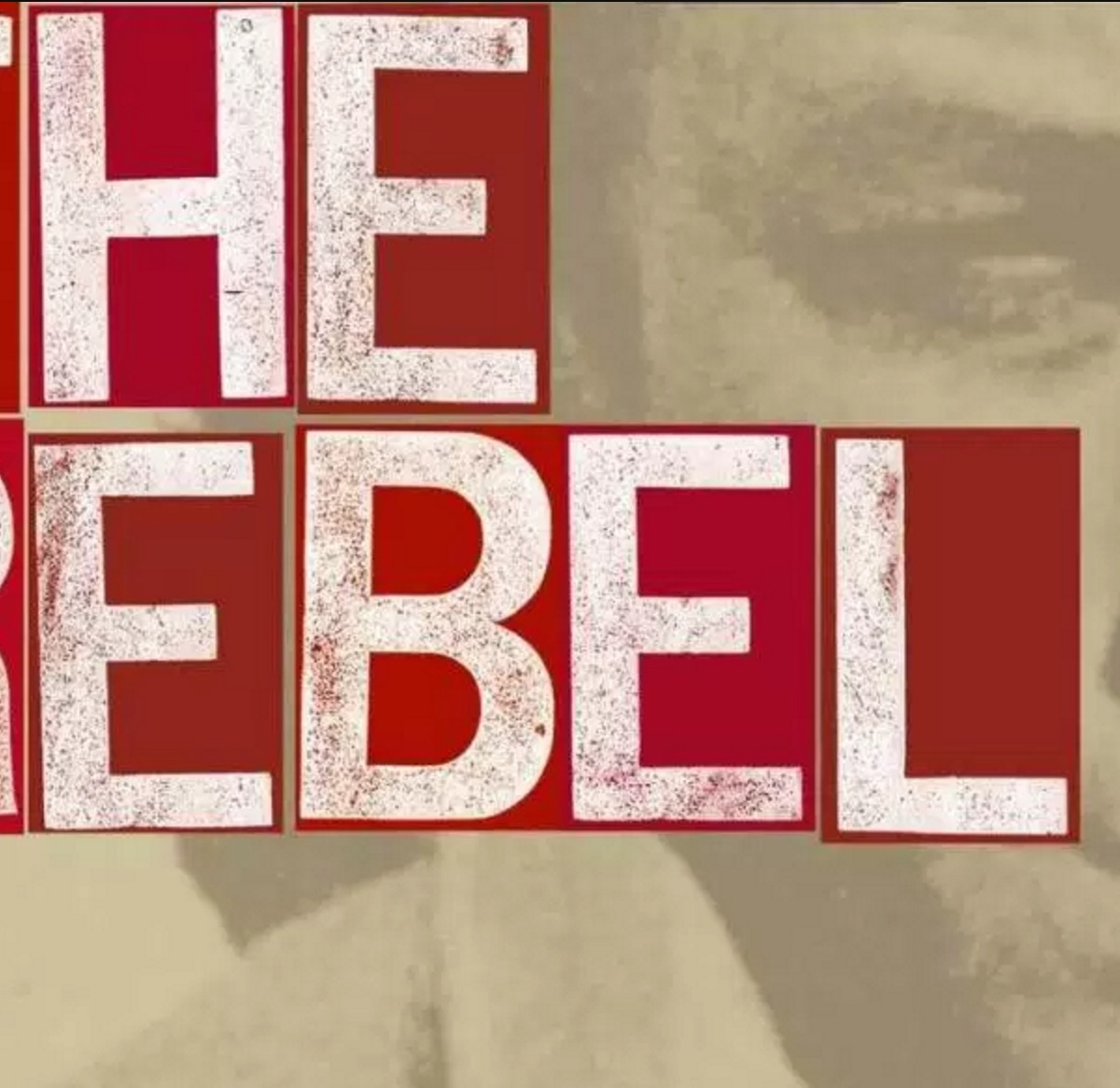

When Franco had sentenced anarchists to death in Spain, Camus organized a speech, covertly inviting Andre Breton by networking with anarchist-syndicalist and prisoner support organizers. He provided material and ideological aid to anarchists and received their support in return. To summarize, Camus is someone who not only openly supported anarchist-syndicalist organizing, but was excommunicated by the existentialists for criticizing their Marxist tendencies. More context as to the nature of Camus’ relationship with his anarchist contemporaries can be found here. As such, he fits the fellow traveler category and, with his book The Rebel, continues to be a relevant challenge to anarchists today. It may surprise many anarchists that this existentialist philosopher (mostly known for his novel The Stranger) was quite familiar with anarchism and was himself a frequent supporter of anarchists. In 1951, Albert Camus had already dealt thoroughly with the questions of nihilism, rebellion, revolutionary politics, and anarchism.

Published in Anarchy, A Journal of Desire Armed


 0 kommentar(er)
0 kommentar(er)
